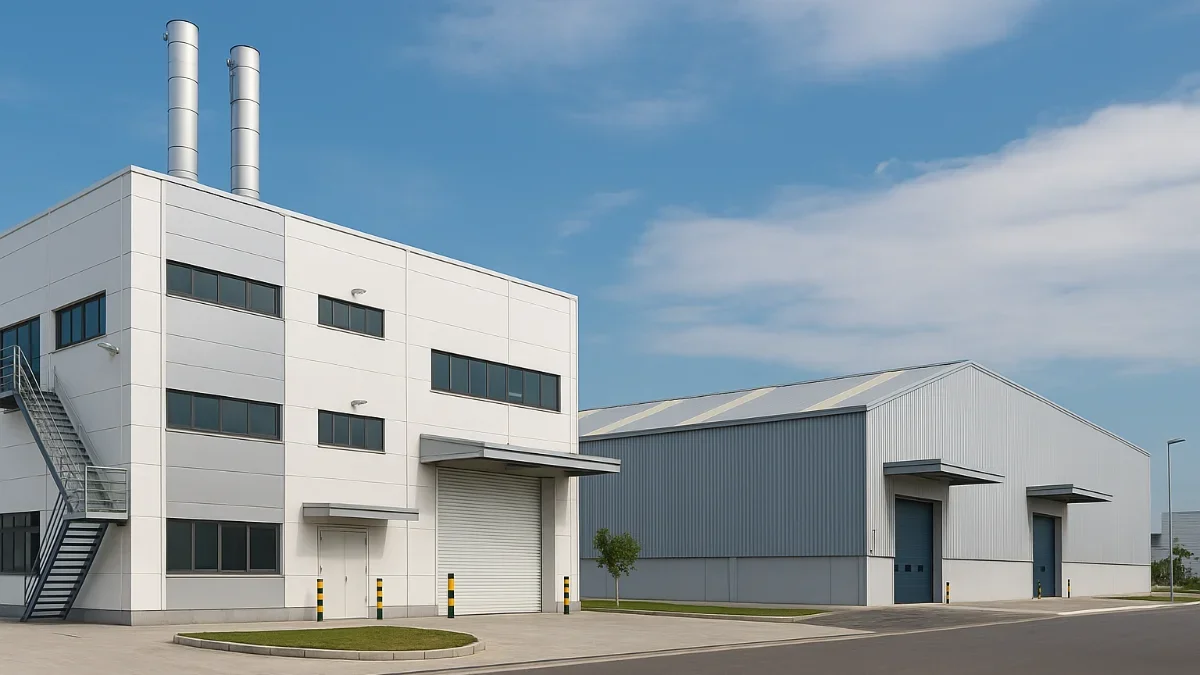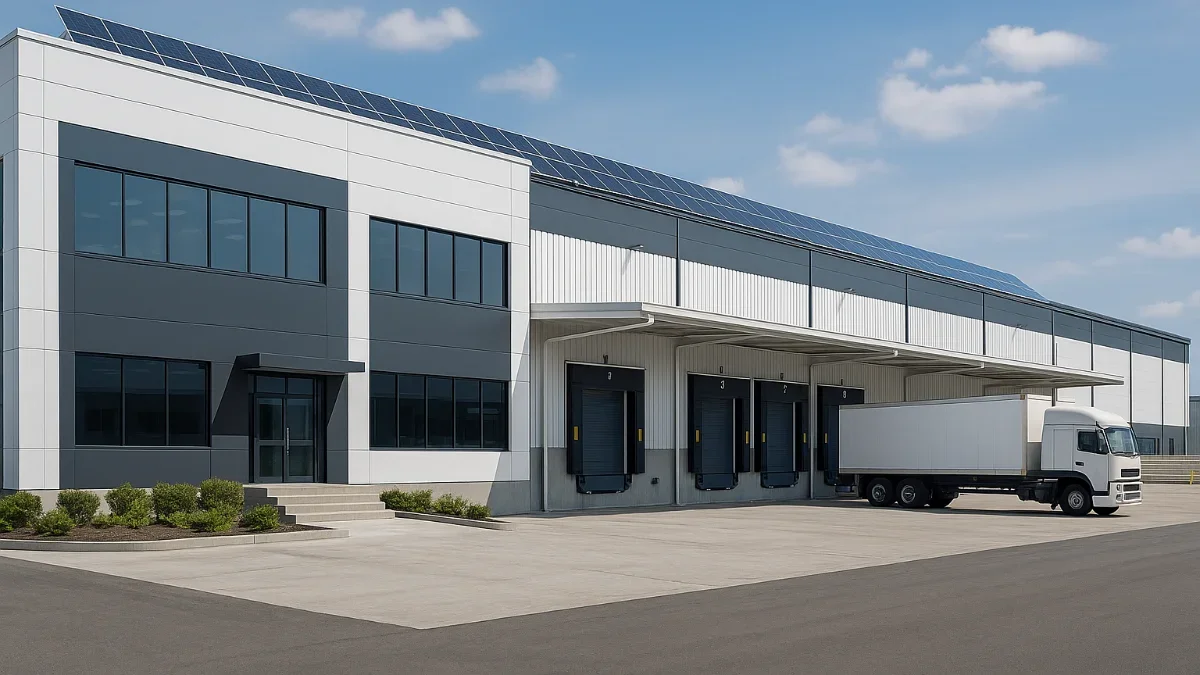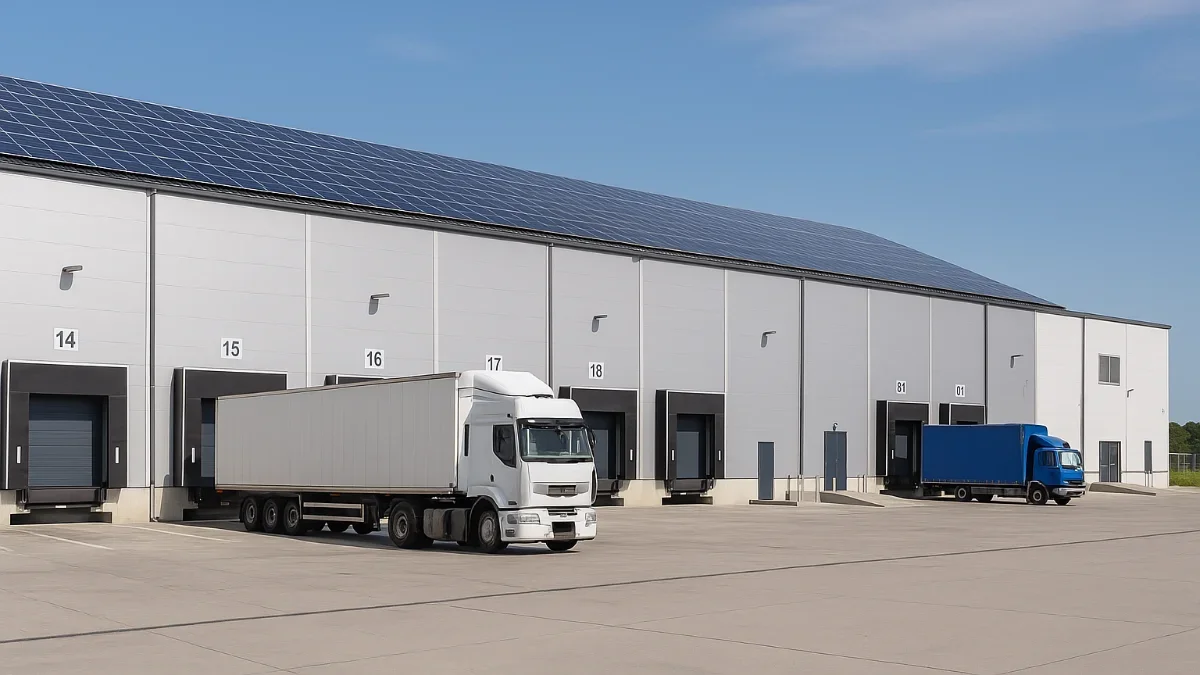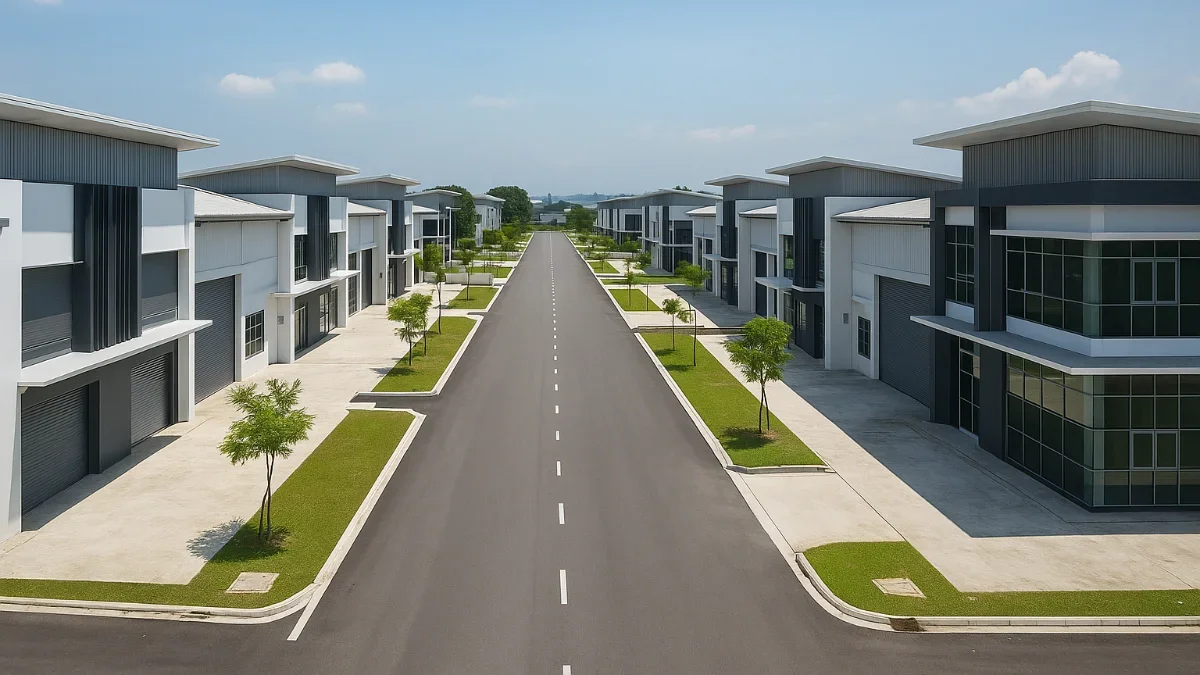Compare buying industrial land directly from a developer versus on the sub-sale market. Understand the pricing, approvals, documentation, and risk differences.
Buying Industrial Land from a Developer vs. a Private Seller: Pros & Cons
Investors looking to acquire industrial land in Malaysia often face a key decision—buying directly from a developer or purchasing from a private seller in the sub-sale market. Each option comes with its own set of benefits and challenges. Understanding these differences will help you make informed decisions and avoid costly mistakes during your acquisition process.
1. Pricing and Market Valuation
- From Developers: Prices are typically higher due to new infrastructure, gated concepts, or planned industrial parks. However, early-bird units may offer better deals.
- From Private Sellers: Often negotiable, especially if the seller is motivated. Older land parcels may be undervalued or have upside potential if located near upcoming infrastructure projects.
2. Title and Documentation
- Developer Land: May be sold under Master Title or Qualified Title (Geran Sementara). Buyers must ensure individual titles will be issued and transferred correctly.
- Sub-Sale Land: Usually comes with Final Title (Geran or Pajakan). Clearer ownership history but due diligence is still required to detect caveats or encumbrances.
3. Legal and Approval Processes
- Developer Purchase: Sale and Purchase Agreement (SPA) is usually standardised, with clearer timelines. Developers often assist with State Authority consent, zoning conversion (if needed), and utility applications.
- Private Seller: Requires custom SPA and independent legal due diligence. More work may be needed to verify infrastructure availability, usage approval, and land category.
4. Land Use and Infrastructure
- Developer Land: Often comes with pre-approved infrastructure like roads, electricity, sewerage, and industrial zoning.
- Sub-Sale Land: You may encounter issues such as limited access roads, unclear boundary markings, or absence of utility connections. However, some older plots are in prime locations.
5. Risk Factors and Red Flags
Here are some risks to watch for:
- From Developers: Delays in title issuance or infrastructure handover.
- From Private Sellers: Potential caveats, overlapping claims, or illegal structures on-site.
Always conduct a land search at the Land Office and confirm land use status with the local council or town planning unit before proceeding.
So, Which Option Is Better?
The right choice depends on your investment goals:
- If you want peace of mind and modern planning: Go with reputable developers.
- If you’re value-driven and willing to take on some work: Sub-sale land can offer higher returns and appreciation potential.
Start Your Search for Agricultural, Industrial, or Land Investment
- Explore Agricultural and Development Land for Sale
- Browse Industrial Properties in Rural Areas
- See Commercial Assets Supporting Agri-Supply Chains
Both developers and private sellers offer viable paths to industrial land ownership. As long as you do your homework and work with experienced negotiators and legal counsel, you’ll be in a strong position to secure a profitable deal that aligns with your industrial investment strategy.



